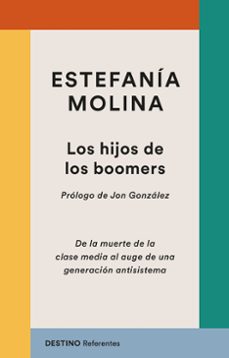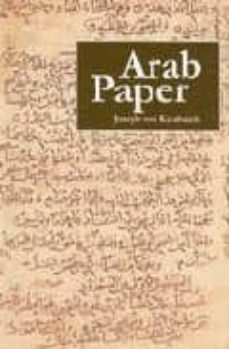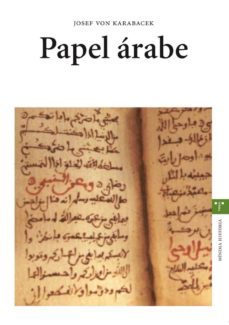Imprescindibles
Ficción
No Ficción
Ciencias y tecnología Biología Ciencias Ciencias naturales Divulgación científica Informática Ingeniería Matemáticas Medicina Salud y dietas Filología Biblioteconomía Estudios filológicos Estudios lingüísticos Estudios literarios Historia y crítica de la Literatura
Humanidades Autoayuda y espiritualidad Ciencias humanas Derecho Economía y Empresa Psicología y Pedagogía Filosofía Sociología Historia Arqueología Biografías Historia de España Historia Universal Historia por países
Infantil
Juvenil
#Jóvenes lectores Narrativa juvenil Clásicos adaptados Libros Wattpad Libros Booktok Libros de influencers Libros de Youtubers Libros Spicy Juveniles Libros LGTBIQ+ Temas sociales Libros ciencia ficción Libros de acción y aventura Cómic y manga juvenil Cómic juvenil Manga Shonen Manga Shojo Autores destacados Jennifer L. Armentrout Eloy Moreno Nerea Llanes Hannah Nicole Maehrer
Libros de fantasía Cozy Fantasy Dark academia Hadas y Fae Romantasy Royal Fantasy Urban Fantasy Vampiros y hombres lobo Otros Misterio y terror Cozy mistery Policiaca Spooky Terror Thriller y suspense Otros
Libros románticos y de amor Dark Romance Clean Romance Cowboy Romance Mafia y amor Romance dramatico Romcom libros Sport Romance Otros Clichés Enemies to Lovers Friends to Lovers Hermanastros Slow Burn Fake Dating Triángulo amoroso
Cómic y manga
Novela gráfica Novela gráfica americana Novela gráfica europea Novela gráfica de otros países Personajes, series y sagas Series y sagas Star Wars Superhéroes Cómics DC Cómics Marvel Cómics otros superhéroes Cómics Valiant
eBooks
Literatura Contemporánea Narrativa fantástica Novela de ciencia ficción Novela de terror Novela histórica Novela negra Novela romántica y erótica Juvenil Más de 13 años Más de 15 años Infantil eBooks infantiles
Humanidades Autoayuda y espiritualidad Ciencias humanas Economía y Empresa Psicología y Pedagogía Filosofía Historia Historia de España Historia Universal Arte Cine Música Historia del arte
Ciencia y tecnología Ciencias naturales Divulgación científica Medicina Salud y dietas Filología Estudios lingüísticos Estudios literarios Historia y crítica de la Literatura Estilo de vida Cocina Guías de viaje Ocio y deportes
JOSEPH VON KARABACEK
Recibe novedades de JOSEPH VON KARABACEK directamente en tu email
Filtros
Del 1 al 2 de 2
ARCHETYPE PUBLICATIONS LTD 9781873132029
Bibliophiles in Europe at the end of the nineteenth century began to take a serious interest in the manuscripts of the Middle East and the paper on which they were written. Perhaps the most important of these men were C.-M. Briquet working in Geneva, and J. Wiesner and J. von Karabacek working in Vienna. All three were concerned with the burning topic of the moment: Was oriental paper made of cotton? Within the space of two years these three writers published seminal articles for the European study of Arab paper. Das Arabische Papier is one of those articles. The late Don Baker's inspiration to set about the translation and interpretation of this work was 'simply the desire to know the contents of this much quoted article'. Students, historians, curators, collectors, conservators and all those interested in the historical development and spread of papermaking will realise why Don Baker wished to make this important text available to English readers. This Archetype edition is a revised edition of the volume, which Don Baker produced in 1991.
Ver más
Tapa blanda
Ediciones Trea, S.L. 9788497042635
Josef von Karabacek (Graz, 1845; Viena, 1918), catedrático de historia de oriente en la Universidad de Viena, logró que los primeros hallazgos de tejidos antiguos de Al-Fayyum (Egipto) fuesen llevados a Viena para la investigacion. Entre los tejidos se encontraron papyri y papeles, miles escritos en arabe, y actualmente conservados en la Biblioteca Nacional de Viena, formando la Coleccion Archiduque Raniero.En 1887 Karabacek publico un fundamental articulo (Das Arabische Papier) acerca de los resultados de sus investigaciones, corroborados por multiples fuentes originales. Karabacek resalto las materias primas del papel, inventado en China, cuya fabricacion fue pronto adoptada por los arabes al tratarse de un material de escribir economico y de uso polivalente. Se introdujo el empleo de papel en las cancillerias bajo la egida arabe y, mediante la instalacion de importantes centros de produccion, se difundio desde los confines del califato abbasi hasta la España omeya. Se constituyo una autentica revolucion industrial y cultural, al reducirse los costes de los escritos, hasta entonces producidos en papiro y en pergamino. La llegada de libros al alcance de todos propicio el auge de la cultura arabe medieval, cuyas aportaciones cientificas y culturales contribuyeron decisivamente, a traves de España, al despertar de la Europa medieval.
Ver más
Tapa blanda
Del 1 al 2 de 2
























